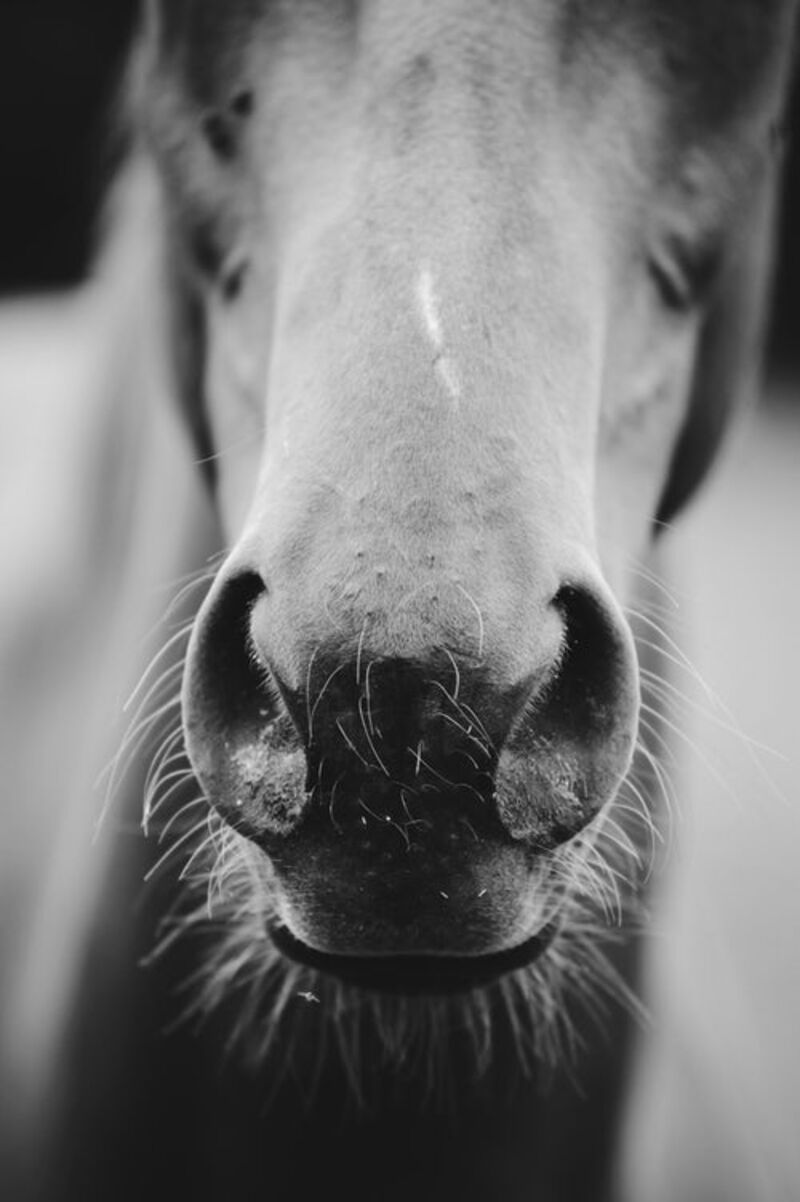
The new playground built by local community and fire department volunteers.
A new baseball field built by the local Eagles or American Legion.
Equipment bought with money raised at bake sales, community rummage sales and raffles.
Celebrations and ribbon cuttings with children and families eating hotdogs, drinking lemonade and playing.
The generosity of community members and volunteer groups from small towns to large cities to raise the money, build and donate some of the much needed recreation facilities.
Sometimes the donations fall a little short to pay for all the features of the playground or maybe the planners and volunteers lack information on accessibility for these projects. What happens when the playground with accessible play equipment has sand or pea rock instead of an accessible route to allow children and others who use mobility devices to actually enter and use the play equipment? What happens when the baseball field lacks the proper accessible parking, bathroom grab bars and only has an inaccessible grass path to the bathroom?
“Don’t Look a Gift-Horse in the Mouth” is an old saying meaning when you receive a gift, you shouldn’t look too closely or critique the standard of the gift. For cities, counties or other organizations it may be prudent to take the time to examine the Gift-Horse to ensure it meets the requirements for accessibility and in the case of playgrounds, safety. Once the playground or ball park becomes part of the town’s facilities, they are now responsible for maintenance, repairs, insurance and accessibility.
Sometimes local or state non-profits write grants for equipment to improve the life of others. One example is the North Dakota Breast Feeding Coalition which wrote a grant to access state and federal funding for providing breastfeeding and lactation stations. The coalition bought 5 Mamava brand breastfeeding/lactation stations, donated and installed them in five of our major airports. Mamava makes two models, one wheelchair accessible and one not accessible. The stations are a self-contained pod allowing a person to breastfeed or express milk in a private environment.
The airports were happy to have the new amenities. My employer, Options, surveyed the local airport and found the station installed was not the accessible model. We reviewed the other airports and found only two of the five Mamava units installed were accessible. Options then worked through the Federal Aviation Administration. As a result, two of the three inaccessible units replaced with accessible units and one inaccessible unit removed.
The Rocky Mountain ADA Center and state affiliates/ambassadors can be a great resource to help evaluate projects and provide information on basic accessibility requirements to help volunteers either meet accessibility needs or help organizations determine what additional work they will need to do to make the facility or program accessible. Take the time and make the call.
Written by: Corey Birkholz, ADA and Accessibility with Options, IRCIL in North Dakota.